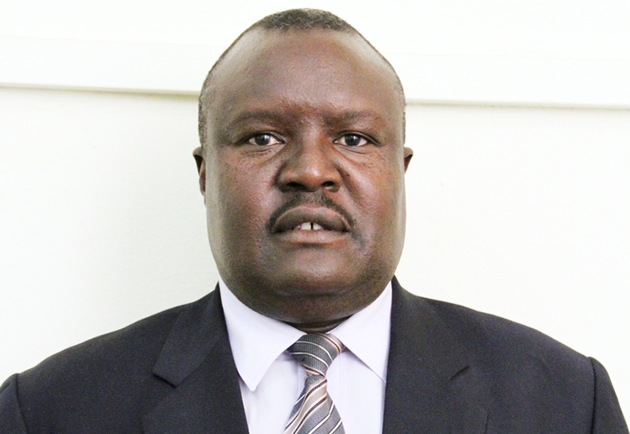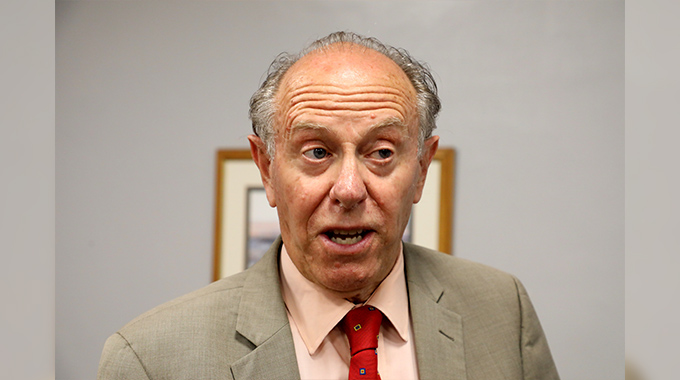Pakistan heatwave toll edges towards 800


There is a threat of more deaths to come as temperatures remain unseasonably high for the fourth consecutive day – AP
Karachi (Pakistan) — The death toll from a severe heatwave in southern Pakistan is edging towards 800, with the threat of more deaths to come as temperatures remain unseasonably high for the fourth consecutive day, officials have told Al Jazeera.
At least 775 people have died of heatstroke, dehydration or other heat-related illnesses in Karachi, the country’s largest city, since Saturday, according to government figures.
“The mortuary is overflowing, they’re piling bodies one on top of the other,” said Dr Seemin Jamali, a senior official at the Jinnah Postgraduate Medical Centre (JPMC), the city’s largest government hospital.
“We’re doing everything that’s humanly possible here,” she said, adding that since Saturday, the JPMC had seen more than 5,000 patients with heat-related symptoms. Of those, 384 patients had died, she said.
“Until [Tuesday] night, it was unbelievable. We were getting patients coming into the emergency ward every minute,” she said.
Among those who have died, most have been either elderly or poor, officials say. “Mostly people coming here are facing heatstroke and they’re old people. Their ages are around 45 to 50 years old, so the older they are, the more serious problems they’re facing,” Junaid Ahmad, a volunteer, said.
The provincial government in Sindh declared yesterday a public holiday for schools and government offices due to the extreme heat, but many private offices have remained open.
A state of emergency has also been declared in the province’s hospitals, while the government has also set up several heatstroke aid centres.
“We’re launching awareness programmes through radio channels and in hospitals, that people mustn’t expose themselves to direct heat and must drink plenty of water,” Jam Mehtab Dahar, the provincial health minister, said.
Temperatures have hit as high as 43 degrees Celsius since Saturday, accompanied by high humidity and a lull in the city’s usually cooling sea breeze.
The maximum temperature recorded in Karachi on Tuesday was 41C, while other cities in the province such as Sukkur, Jacobabad, and Larkana, hit highs of 45C, 44C and 43C respectively.
The spike in temperatures comes as many in Muslim-majority Pakistan are fasting during daylight hours to observe Ramadan, further exacerbating the situation.
Repeated power outages across the province, and particularly in Karachi, have also meant that people have not been able to find respite indoors. Some Karachi residents said they were without electricity for more than 12 hours everyday.
K-Electric, Karachi’s power supply and distribution company, says that it is struggling to deal with a spike in demand, as residents have been keeping air conditioners on for longer during the heatwave. — AL Jazeera.











Comments